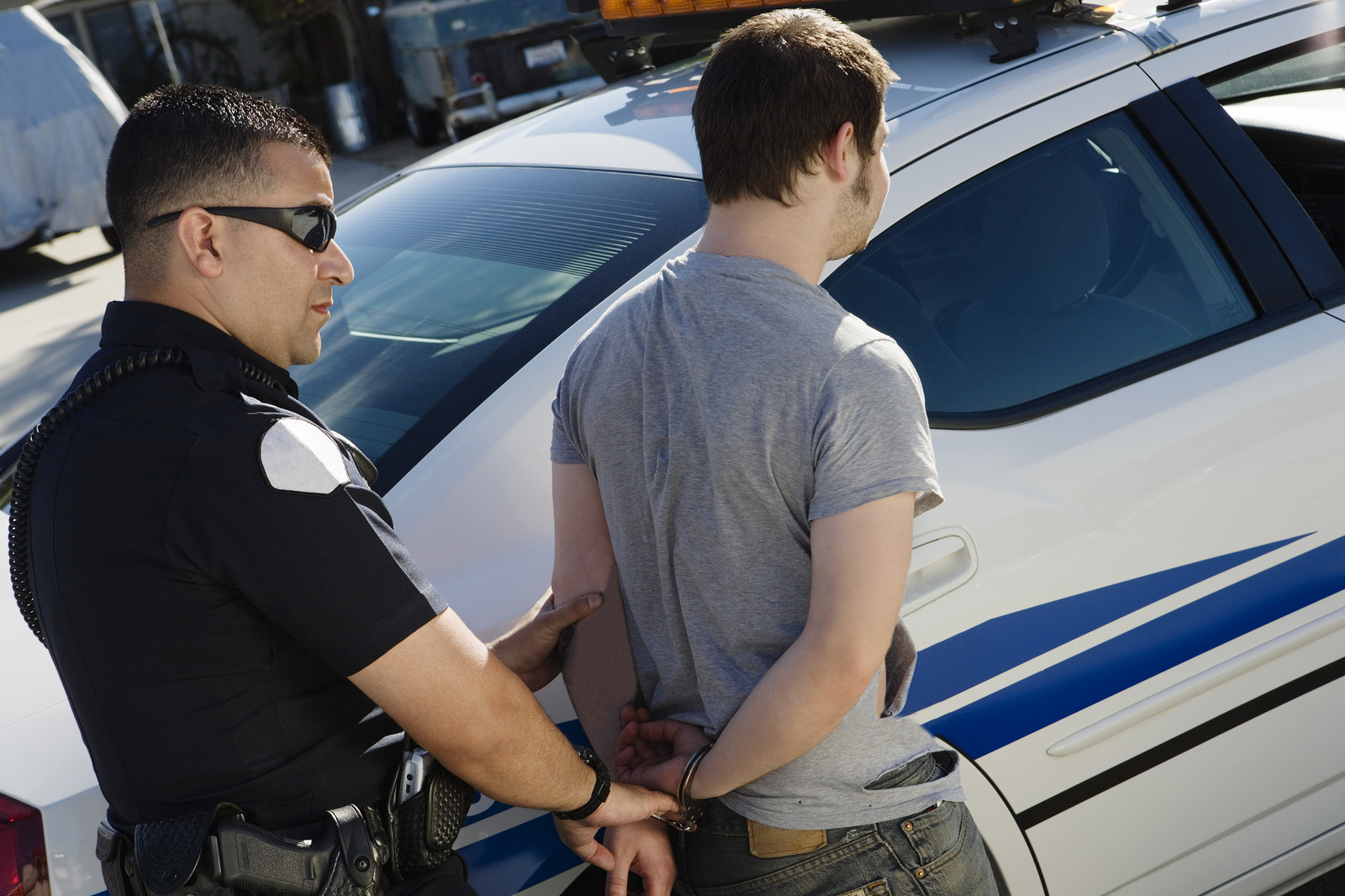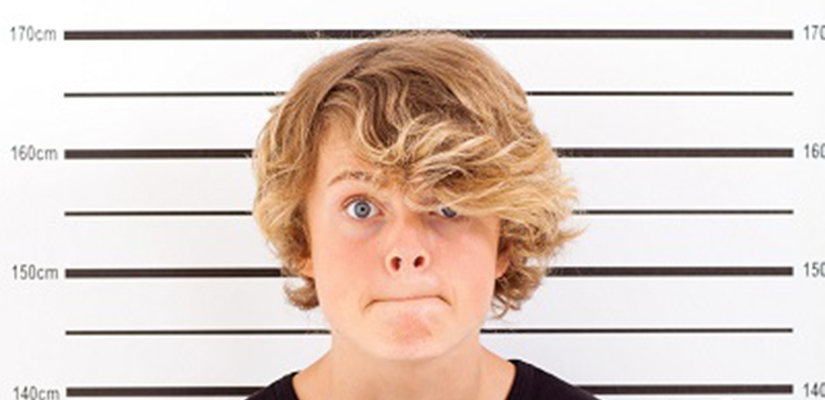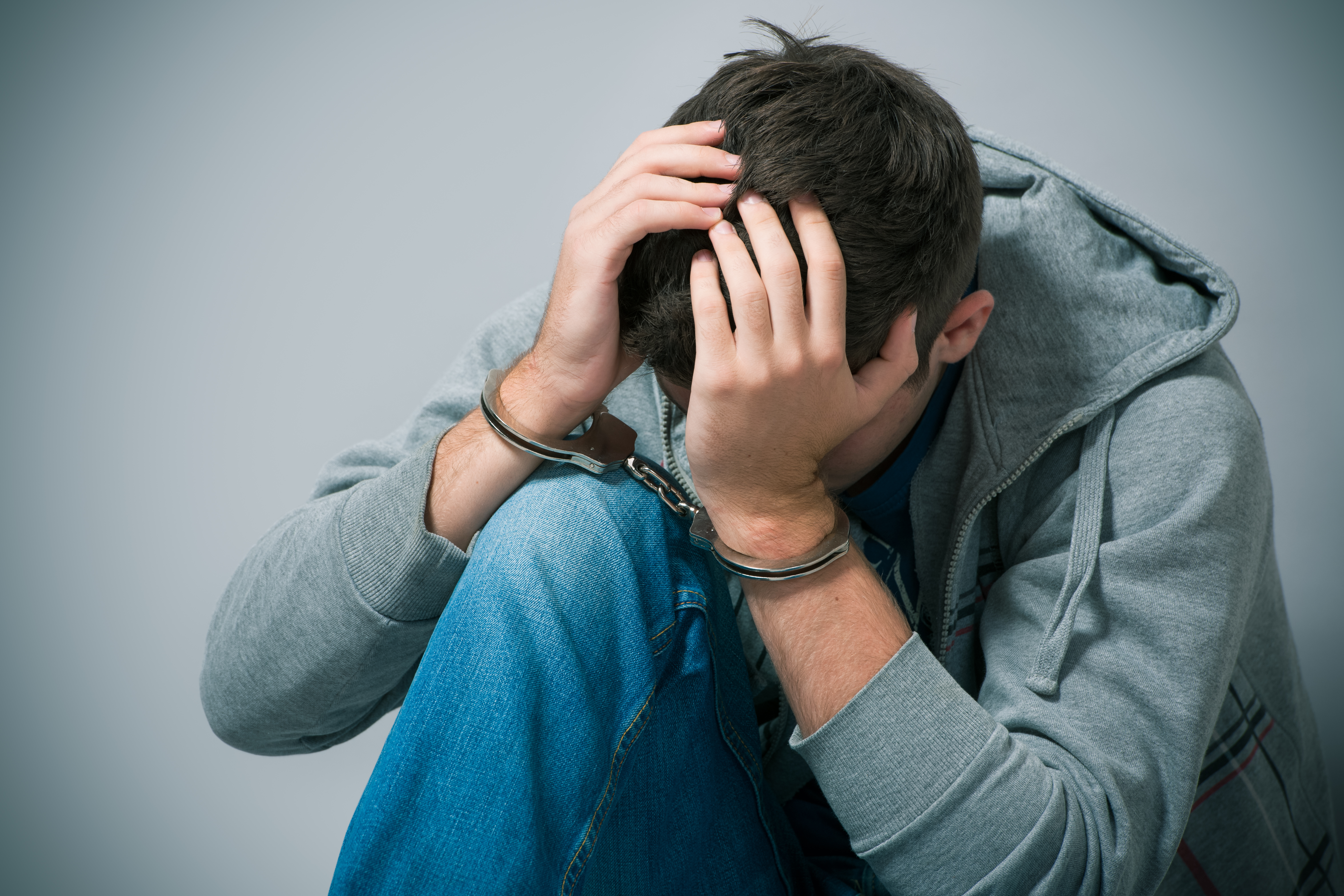Curfew laws restrict the rights of minors (under 18) to be outdoors or in public places during certain hours. Currently there is no state curfew. Such laws are typically passed and enforced by local cities and counties. Courts in California have generally upheld such laws as long as the local ordinance seeks to discourage “loitering” or “remaining” in certain places after certain hours.
Under state law, parents can be charged for the administration and transportation costs of returning a minor to his or her home on a second curfew violation. (W&IC § 625.5(d)) Also, a minor who is a frequent or habitual curfew violator may be declared a ward of the court and treated as a status offender. (W&IC §601(a)) Most curfew ordinances prohibit minors from being out past 10 p.m. on weekdays and midnight on weekends. Exceptions to such laws do exist, however, allowing minors to legally stay out late if they are:
• Participating in a religious, educational or political activity.
• Running an errand for a parent or guardian.
• Accompanied by a parent, guardian or adult.
• Working or going to or from their place of employment.
• Responding to some type of emergency.
• Returning home from a school, cultural or recreational activity.
If a minor breaks curfew, he or she can be temporarily detained by police and returned home. State law also gives local police some latitude in their enforcement of such curfew ordinances if the officer believes a youth has a “legitimate reason based on extenuating circumstances” for the violation. (W&IC § 625.5©)
If you don’t know whether your community has a curfew law, call your local police department. If your community does have a curfew, obtain a copy of the law and a list of the exceptions and exceptional circumstances.
Curfew violations are frequently used to stop minors to investigate other crimes. If your child is stopped and arrested for a crime call the experienced attorneys at Wallin & Klarich.



